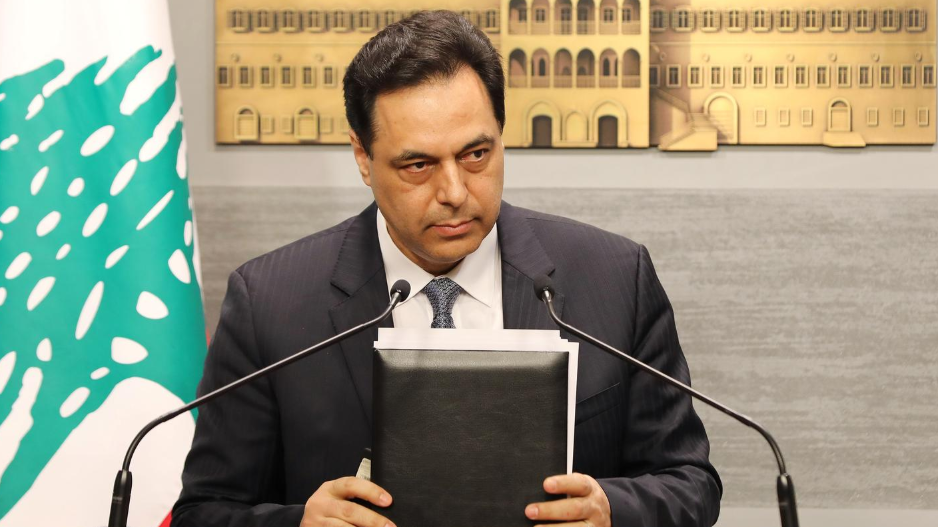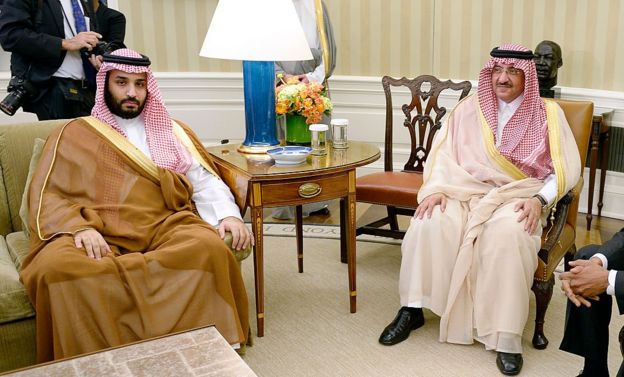
By Dale Gavlak — AMMAN – Lebanon’s government has officially defaulted on its payment of a $1.2 billion Eurobond debt due Monday. This marks the first default in Lebanon’s financial history, as it copes with dwindling foreign currency reserves and inflation running into double digits. In the past, the country once known as the Switzerland of the Middle East managed to repay debt, despite civil war and political unrest. But now it faces the challenge of securing loans amid global economic issues and the coronavirus outbreak. The situation has left many Lebanese concerned, said Habib Malik of the Lebanese American University. The national news agency says 41 coronavirus cases have been reported in Lebanon, one of several Middle Eastern countries grappling with the infection and its economic implications. “People are very, very nervous,” Malik said. “If a global economic recession is going to kick in because of this epidemic, then this will simply mean that there will be less money for countries like Lebanon, ailing for other reasons. “Right now, the Diab government is being very honest and realistic with the people and the debtors that Lebanon would like to negotiate a restructuring of the debts. In the next couple of weeks, we will see the representatives of the debtors and the Lebanese government come together to try work out a deal. It’s going to be slow and rough going,” Malik added.




![Popular anger continues to grow in Lebanon as people are forced to queue for hours simply to retrieve just a few hundred dollars in a country where the local currency and the greenback were formerly used interchangeably [File: Hasan Shaaban/Bloomberg]](https://www.aljazeera.com/mritems/imagecache/mbdxxlarge/mritems/Images/2020/3/5/e19b87e826b8415ca2f9b00b82df3b63_18.jpg)
![Riot police fire a water cannon at protesters over a barricade near parliament in Beirut, Lebanon, which is facing an unprecedented economic crisis and growing protests against the ruling elite [File: Hasan Shaaban/Bloomberg]](https://www.aljazeera.com/mritems/imagecache/mbdxxlarge/mritems/Images/2020/3/4/b2139f8ee4854b0aa57a6c7117cbf205_18.jpg)



